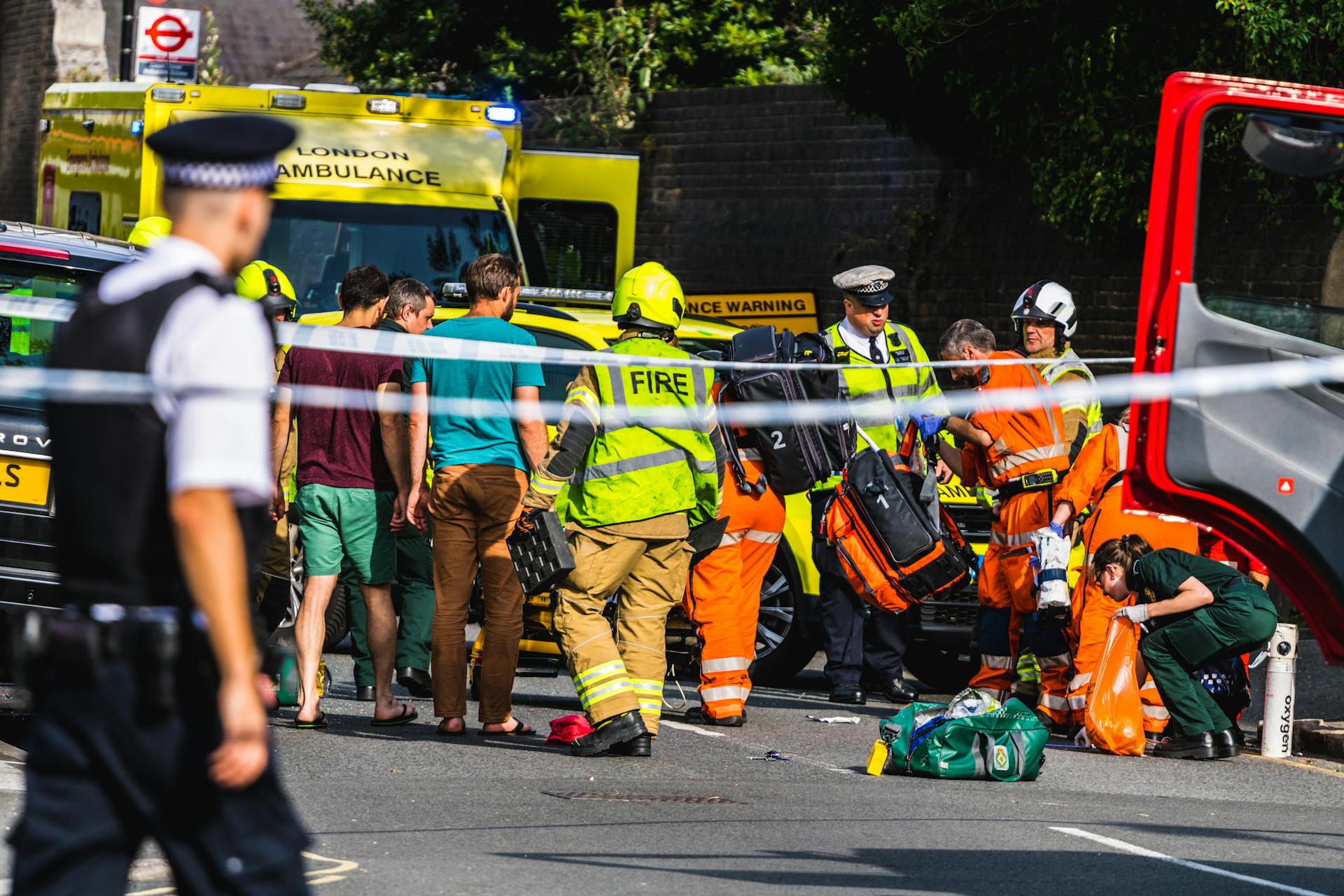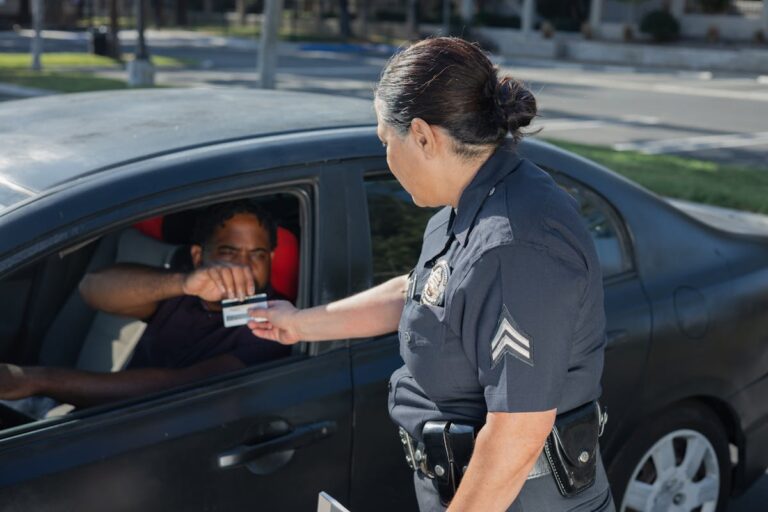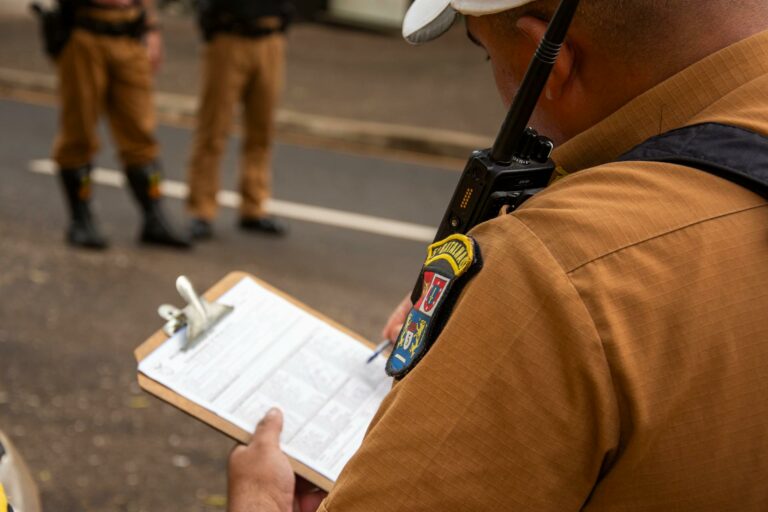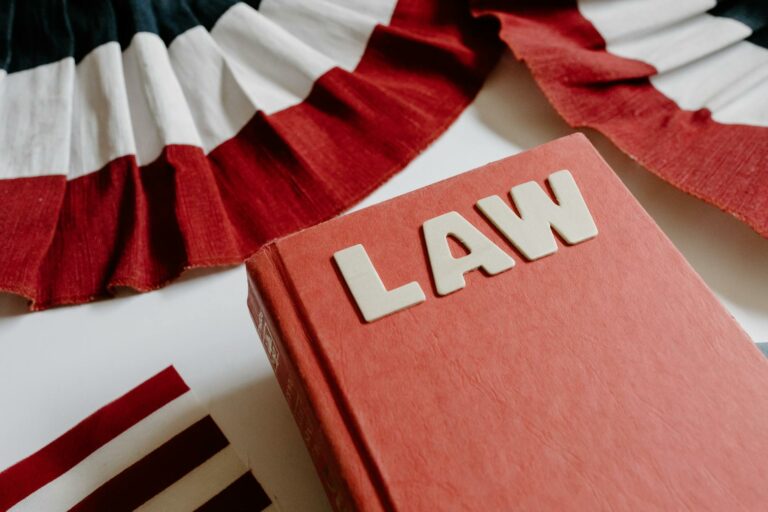What to Do After a Car Accident?
Navigating the aftermath of a car accident can be a daunting and overwhelming experience. From ensuring your immediate safety to handling the necessary documentation for insurance claims, the steps involved are multifaceted and critical. Yet, many individuals find themselves unprepared or uncertain about the most effective course of action. So, let’s explore this significant topic together: what are the essential steps to take following a car accident, and how can they impact the resolution of such a stressful event? This discussion promises to offer valuable insights for both seasoned drivers and newcomers behind the wheel.
Assess Your Immediate Safety
The immediate aftermath of a car accident can be a disorienting and stressful time. Amid the chaos, one’s foremost priority should be to assess their immediate safety. This step is of paramount importance before proceeding with the accident checklist and calling for roadside assistance.
The first action post-accident should be to evaluate the physical wellbeing of all individuals involved. If possible and safe, exit the vehicle and distance yourself from potential hazards such as leaking fuel or smoke. Look for a safe location off the road to avoid further collisions or traffic obstruction.
The next step on the accident checklist is to assess vehicular damage. A quick but thorough examination will provide initial insight into the severity of the accident. During this process, keep an eye out for signs of potential electrical issues in your car, such as malfunctioning lights or warning signals. For a deeper understanding of what could cause such problems, explore the common causes of car electrical issues.
Lastly, prepare for the arrival of roadside assistance. Set up warning triangles or flares if available and safe to do so. This not only signals your need for help to passing motorists but also guides roadside assistance to your location.
Contact Emergency Services
After ensuring immediate safety, contacting emergency services should be your next step. This is a crucial part of the accident protocol, signaling the start of the emergency response. Whether the accident seems minor or severe, it’s essential to get professional help on-site.
Here’s a markdown table to guide you on whom to call, why, and what information to provide:
| Service | Purpose | Information to Provide |
|---|---|---|
| Police | To report the accident | Location, number of vehicles involved, if there are injuries |
| Ambulance | If there are injuries | Number of people injured, type of injuries |
| Roadside Assistance | If the car is not drivable | Vehicle type, location, possible damage |
Contacting the police is not only a legal requirement in many jurisdictions but also helps in establishing facts for insurance purposes. If there are injuries, an ambulance is needed. Even for minor injuries, the adrenaline rush after an accident might mask the pain, making professional medical assessment necessary. If your vehicle isn’t drivable, roadside assistance can help to prevent further accidents by removing it from the roadway.
Document the Accident Scene
Once emergency services have been contacted, it is imperative to begin documenting the accident scene. This process involves gathering comprehensive and accurate data about the event, which will be crucial in any ensuing legal or insurance proceedings.
The first step is to ensure that you have a firm grasp on the situation’s reality by collecting photographic evidence. This entails capturing every detail of the scene, from the overall perspective to individual close-ups of the vehicles involved, any visible damages, and the surrounding environment. Your photographs should demonstrate the accident’s scale, the direction of travel, and the final resting positions of the vehicles involved.
Simultaneously, engage with individuals who witnessed the accident and obtain their statements. Witness accounts can provide a third-party perspective on the incident, which can be invaluable when determining responsibility. Be sure to document their version of events, contact details, and their precise location at the time of the accident.
Exchange Information With Involved Parties
Navigating through the aftermath of a car accident, it’s essential to exchange information with all parties involved. This includes but is not limited to drivers, passengers, and witnesses. Key information includes names, addresses, contact numbers, insurance providers, and policy numbers. Additionally, take note of the vehicles involved, their makes, models, colors, and license plate numbers. Be meticulous in collecting this data as it will play a crucial role in the ensuing insurance claim process.
When feasible, record witness statements. Witnesses offer an unbiased perspective of the accident, which can be instrumental in determining liability and providing a comprehensive account of the incident. Make sure to secure their permission before recording their accounts. Also, jot down their contact information for potential follow-up.
Notify Your Insurance Company
Promptly informing your insurance company about the accident is an imperative step in the post-collision process. This action sets in motion the claims process, a critical procedure for potential compensation. The sooner you initiate contact, the quicker the company can start assessing the incident, minimizing delays in resolution.
Your insurance company will require details about the accident for a thorough analysis. This includes the accident’s location, time, involved parties, and a description of the event. Be precise in your account, as inaccuracies can complicate the claims process.
It’s also crucial to understand your insurance coverage before an accident occurs. Knowledge of your policy, such as deductible amounts, coverage limits, and exclusions, can guide you through the process. For instance, if your policy includes collision coverage, your insurer will cover the repair costs even if you’re at fault. However, if you only have liability coverage, your insurer will only pay for the other party’s damages if you’re responsible for the accident.
In conclusion, swiftly notifying your insurance company and understanding your coverage are vital steps in the post-accident process. This proactive approach facilitates a smoother and more efficient claims process.
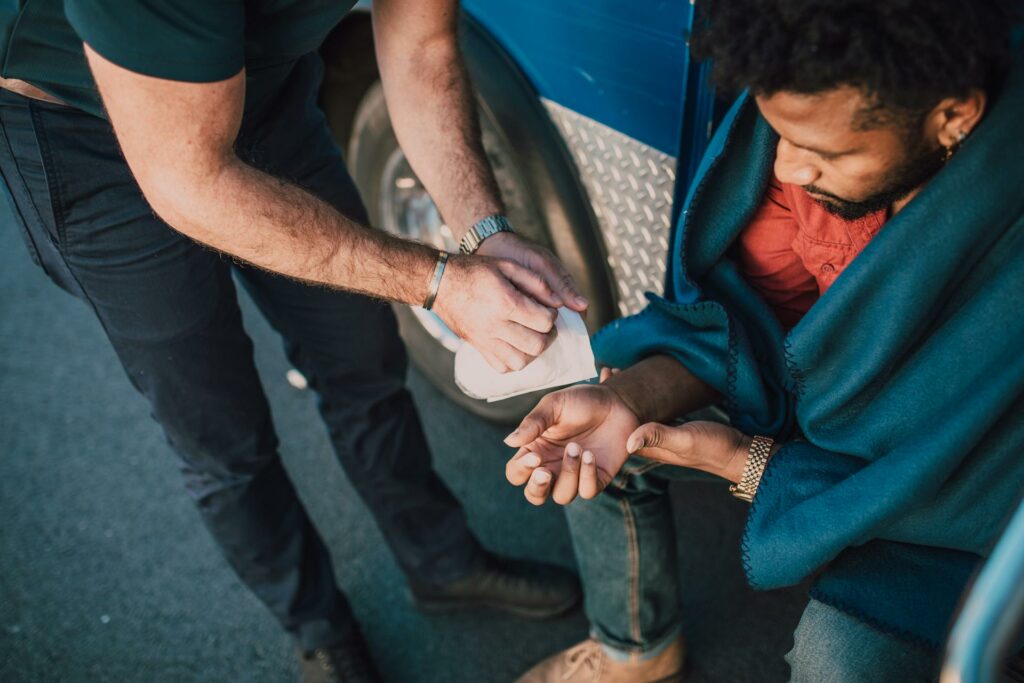
Seek Medical Attention
Once the immediate shock of a car accident has passed, it is critical to prioritize necessary medical attention. This includes immediate medical evaluations for any apparent or potential injuries, managing minor injuries promptly, and ensuring that all medical treatment is thoroughly documented. It’s also important to remember that accidents can sometimes cause damage to vehicle systems, such as a bad PCV valve, which may not be immediately noticeable. If you’re experiencing performance issues with your car, consider exploring how accidents can impact vehicle systems to ensure your vehicle is running properly after an accident. This not only safeguards your health but can also protect your legal rights and interests in the aftermath of an accident.
Immediate Medical Evaluations
In the immediate aftermath of a car accident, the paramount priority should always be to seek medical attention, regardless of the perceived severity of the incident. This initial step is vital as it aligns with universally accepted emergency protocols that prioritize human life and welfare above all else.
Medical evaluations post-accident serve a dual purpose. First, they ensure that any physical injuries, visible or concealed, are promptly identified and addressed. Second, they also help to assess and attend to the psychological impact of the accident, which can be as debilitating as physical injuries. Trauma from accidents can manifest in various forms such as shock, anxiety, or post-traumatic stress disorder (PTSD), thus necessitating immediate mental health evaluations.
Even in instances where injuries are not immediately apparent, medical experts advise not to delay seeking help. Certain conditions, like internal bleeding or concussion, may not exhibit immediate symptoms but can be life-threatening if left untreated. Therefore, irrespective of the circumstances, medical evaluations must be sought immediately following a car accident. This approach ensures that victims receive the necessary care promptly, mitigating the risk of long-term damage and facilitating recovery.
Handling Minor Injuries
Even minor injuries sustained from a car accident warrant serious attention and should not be dismissed lightly. Ignoring or minimizing such injuries can lead to complications down the line, causing distress and prolonging recovery time.
To appropriately handle minor injuries, it’s crucial to have an accurate assessment of the injury’s severity. This involves a careful evaluation of the pain experienced, which is where pain management strategies come into play. It’s not just about managing discomfort, but also about understanding the underlying issue causing the pain. Often, what might seem like a minor injury could be a symptom of a more serious condition that requires medical intervention.
Recovery tips for minor injuries include rest, ice, compression, and elevation (RICE), which help reduce inflammation and speed up healing. Regular gentle movements can also prevent stiffness and improve flexibility. Over-the-counter medication can provide temporary pain relief, but should not replace a visit to a healthcare professional.
Remember: minor does not mean insignificant. Proper handling of minor injuries can not only alleviate pain but also prevent further complications. Responding promptly and appropriately to these injuries can facilitate a smoother and quicker recovery.
Documenting Medical Treatment
While managing minor injuries is a vital part of the post-accident process, it is equally important to seek professional medical attention and document all aspects of your treatment. Regardless of the severity of your injuries, immediate medical evaluation is crucial. This not only ensures your well-being but also establishes a clear timeline of events, which can be pivotal in any subsequent legal proceedings.
Your medical records serve as objective evidence of any injuries sustained and the treatment received. These records include diagnoses, treatment plans, prescriptions, and any follow-up appointments. They provide a comprehensive understanding of the extent of your injuries, the necessary medical interventions, and the potential for long-term effects.
Beyond the initial treatment, it’s essential to meticulously document your recovery process. This includes notes on your physical condition, emotional state, pain levels, and any changes in your daily life due to the injuries. Regularly updating your physician about these aspects will result in detailed treatment plans that can be used to demonstrate the ongoing impact of the accident.
Consult With a Car Accident Attorney
After the dust settles on a car accident, consulting with a qualified car accident attorney should be a priority. This step is essential in ensuring that you receive the best legal representation possible. An experienced attorney can effectively navigate the complex legal landscape surrounding car accidents, providing you with a well-rounded understanding of your situation.
Your attorney will begin by reviewing all the details of the accident, carefully assessing accident liability. This involves determining who is responsible for the accident and therefore, who should bear the financial burden of the damages. This process is crucial, as it directly impacts the compensation you may receive.
A good attorney will scrutinize every piece of evidence, including police reports, photos, witness statements, and medical records. They will also use their knowledge of local traffic laws and legal precedents to build a robust case on your behalf.
Remember that the opposing party’s insurance company will have their lawyers working to minimize your claim. Therefore, having a skilled car accident attorney on your side is not just advantageous, but often necessary. They can negotiate assertively with insurance adjusters, fighting for your rights and ensuring you receive the compensation you deserve.
Frequently Asked Questions
What Should I Keep in My Car in Case of an Accident?
Statistics show that a well-equipped car can significantly improve outcomes post-accidents. Essential items include an emergency kit with a flashlight, jumper cables, and tools, as well as a comprehensive first aid kit for any immediate medical needs.
How Can I Mentally Cope With the Aftermath of a Car Accident?
Mentally coping after a car accident involves seeking emotional support from professionals or loved ones, practicing stress management techniques like mindfulness, and discussing feelings related to the incident to process the traumatic experience effectively.
Can I Get a Car Rental While My Car Is Being Repaired?
Yes, obtaining a rental car while your vehicle is being repaired is possible. The feasibility largely depends on your insurance policies and the availability of rental coverage options provided by your insurance company.
What Precautions Can Prevent Future Car Accidents?
Preventing future car accidents necessitates a combination of defensive driving techniques and regular vehicle maintenance. Proactive driving, understanding road laws, and keeping your vehicle in optimal condition can significantly reduce the likelihood of accidents.
How Long Will It Take for My Insurance Claim to Be Processed?
The timeline for processing an insurance claim varies, typically ranging from a few days to several weeks. It hinges on the complexity of the incident, claim requirements, and the efficiency of the insurance company involved.
